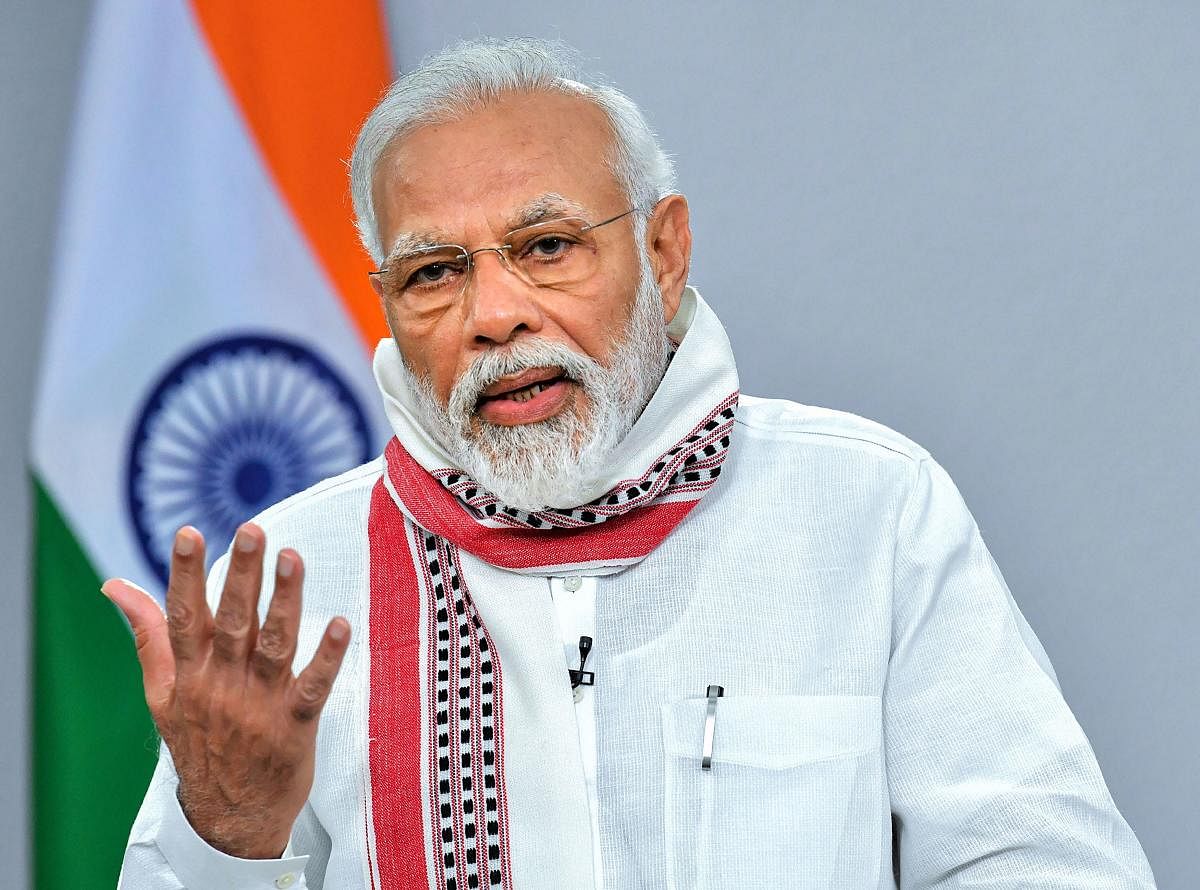
As Covid-19 grips the world with uncertainty, individuals look towards their governments for direction and support, in the hope that they roll out policies to alleviate their suffering.
The Indian government has dealt with the pandemic by imposing a nationwide lockdown with limited foresight over its implications on the poor and the homeless. Over the course of the last few weeks, the Indian Prime Minister, Narendra Modi, through his nationwide addresses asked Indians to show their appreciation to the medical fraternity by banging utensils and to dispel the darkness of Covid-19 by lighting lamps. Though these activities may have positive implications on the solidarity of the nation, we have not heard from him over decisive healthcare, economic and humanitarian policies during these addresses. Few celebrities have questioned Modi’s approach to tackling the epidemic and critiqued his deafening silence when it came to addressing, or at the very least acknowledging, the issues of migrants, police brutality, deaths due to starvation, and increase in domestic violence as a result of the lockdown.
During the course of the last week, Modi organized a video conference with popular sporting figures in India to request them to sensitize citizens about the measures taken by the government to tackle Covid-19, while acknowledging their ability to influence choices and thought-processes of Indian citizens. This initiative of the government has been a continuation of its celebrity-appeasing policy. The government is aware of how the public reveres Indian celebrities, especially those in sports and movies and how they have the power to influence policy narratives due to this status. Various governments in the past have also tried to tap into this celebrity capital to influence political agenda. During Indira Gandhi’s tenure, celebrated singer Kishore Kumar was asked to sing in praise of the government’s 20 point programme. When he refused the offer, his songs were blacklisted from official channels by the government.
During Modi’s second term as PM, most Indian celebrities have toed the line of dissent by remaining mute, or by voicing pro-establishment opinions. In 2019, India witnessed a range of issues systematically targeted against the minorities in the country- the enactment of the Citizenship Amendment Act, 2019 and the Unlawful Activities (Prevention) Amendment Act, 2019, the abrogation of Article 370 of the Constitution, and the lockdown of Kashmir, to name a few. Indian celebrities have repeatedly proven their affinity towards being apolitical by claiming obliviousness to on-ground realities as a defence. The sheer privilege of the silence of Indian celebrities on critical issues has been piercingly loud and clear.
The few celebrities who have dissented against the government have been given death threats by right-wing organisations, and the government which openly discriminates against those who do not support it has done very little to address such threats. In fact, when 49 celebrities wrote a letter to Modi expressing concerns over the increasing statistics of hate crimes and lynching in India, not only were they charged with sedition, but in response 61 other obsequious celebrities immediately jumped to Modi’s defence by attacking them with claims of tarnishing Modi’s effort to lay the foundation of ‘positive nationalism and humanism’.
In contrast, big Hollywood celebrities have been able to register their dissent loud and clear by condemning divisive policies of those in power. Meryl Streep, publicly denounced Trump for mocking a differently-abled journalist in her acceptance speech at the Golden Globes in 2017. She went on to later state that celebrities must ‘Stand Up, Speak Up, Act Up’ against opaque policies of governments. Several other Hollywood celebrities, including Seth Meyers, Debra Messing, Alec Baldwin, Chris Evans, have similarly launched attacks on the Trump administration’s oppression fearlessly. While dissent in Hollywood may not be rewarded, it certainly is safer because of how ubiquitous it has become.
It is during times like these that Indian celebrities must Speak up and restore the power imbalance in society. Kamal Hassan has sounded the clarion call with his open letter to Modi. It is time for other celebrities to follow suit. In the absence of strong opposition, a credible justice dispensation process, and a non-partisan media, celebrities must take on the task of questioning, critiquing and holding the government accountable.
(The writers are practicing advocates in Bengaluru)